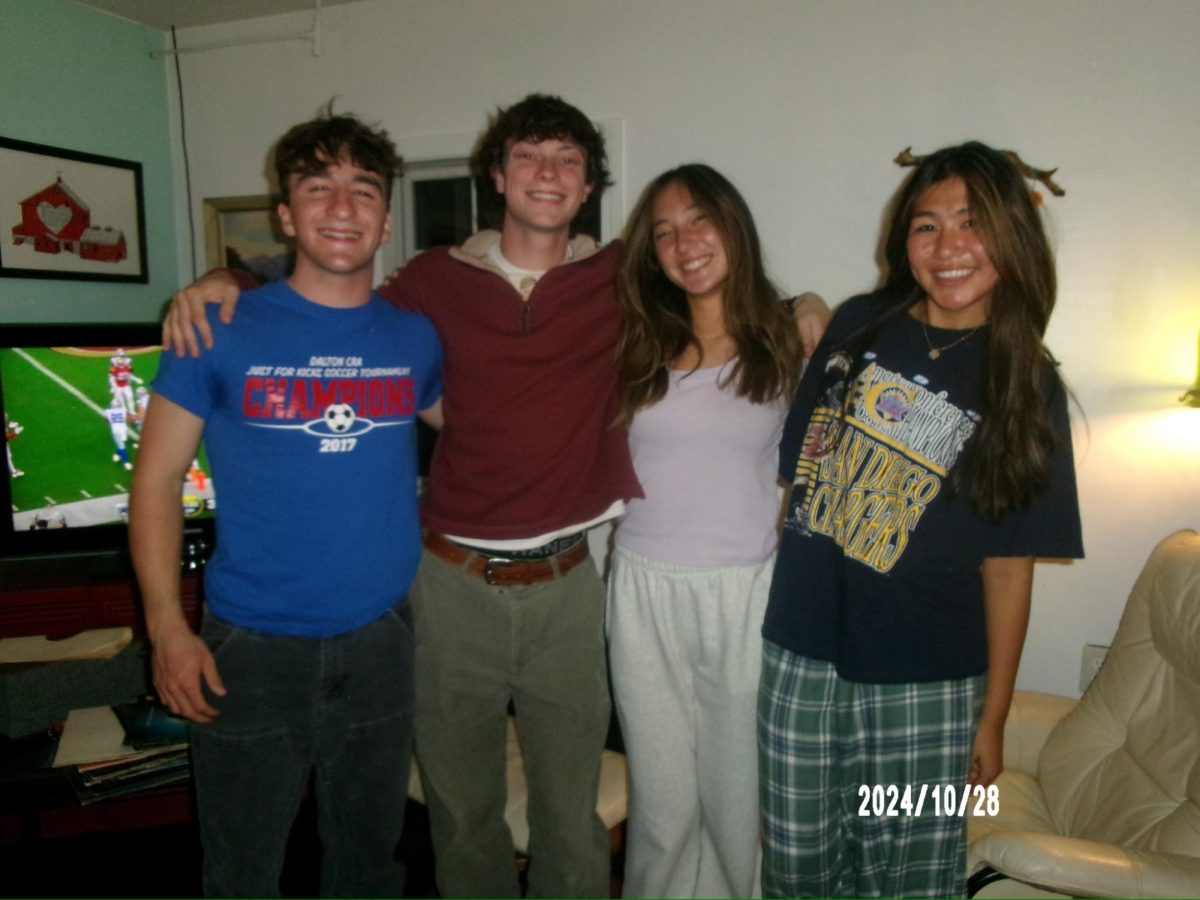
In movies, TV shows, and other popular media, the most infamous couples often turn to therapy to save or strengthen their relationships. While you won’t find The Bachelor contestants dropping by for couples’ counseling sessions at Integrative Wellbeing Services (IWS), students at the College are taking advantage of the program.
IWS offers two types of couples’ counseling: regular scheduled sessions and, starting this semester, drop-in hours.
The drop-in hours, held on Mondays and Thursdays from 4 p.m.-5 p.m, are a new initiative spearheaded by IWS Fellow Amrita Lash. These sessions allow couples to address relationship challenges without a long-term, multi-session commitment, she wrote in an email to the Record.
Lash explained that the drop-in sessions function differently than regularly scheduled sessions. “For the drop-in session, it’s much faster in nature because the couple may only decide to meet one time,” she wrote. “There is a high level of honesty and intimacy packed into 60 minutes, which some couples may prefer over weekly, ongoing meetings. Both have their benefits, and unique care is needed for both.”
A couple will usually attend one or two drop-in sessions, and can then decide if they need more consistent therapy, according to Lash.
“Working with couples offers the possibility for deep and meaningful healing and connection to occur within a relationship,” Lash wrote in an email to the Record.
Although no long-term commitment is required, drop-in couples’ counseling with Lash still requires an appointment, which can be tricky to get.
“We think it’s a great service that Williams offers,” Faith Wendel ’28 and Izzy Weitzman ’27 wrote to the Record. “When we tried to book an appointment to check it out, we were informed that they were booked out [until] mid-May.”
IWS Director of Clinical Operations Wendy Zunitch noted that treatment differs based on the provider. “There are many different treatment approaches to working with couples and each provider brings their own style,” she wrote in an email to the Record.
IWS Staff Therapist Sennür Khoso described the specific practices used in couples’ counseling. “This type of therapy feels quite a bit different [from] individual psychotherapy,” she wrote to the Record. “The therapist has a more active role in managing the dynamics of all people in the room… We may ask one partner to pause in order to give the other partner equal space to share their thoughts and feelings, whereas individual therapy is centered around the experience of one person.”
Many students are intrigued by IWS’ new offering. Henry Gold ’28 praised the service for making therapy accessible. “[Couples counseling] is something that a lot of schools aren’t doing,” he said. “It’s nice to have someone to talk to about problems like that. Being on a small campus like this, having mentors is important, especially without having parents around.”
Hugh Murphy ’27 thinks that couples’ counseling could benefit his own relationship. “My girlfriend spends most of her time in the Record office,” he said. “Often I do not see her. Maybe IWS could convince her to quit.”
Cordelia Sireci ’28 thinks that couples’ counseling can benefit all relationships. “I think there is almost always some sort of anxiety or concern that a couple might have, and it’s really good to talk it out with a professional that can make the conversation as productive as possible,” she said.
Sophie Possick ’28 said that she appreciates this service. “I think that it’s great that IWS is offering a free service for students who feel like they could use that extra support, because therapy is so expensive and it’s hard to find,” she said. “It’s probably hard to find couples’ therapists for people in this age group.”
Some students hope that couples’ counseling will reduce conflict in their relationships. “Couples’ counseling would help me and [my boyfriend] stop fighting over the remote and spending hours deciding on what movie to watch — most of the time, we watch his movies!” Liz Ramoy ’25 said.
Couples counseling, like all IWS Pond House clinic visits, is free to all students regardless of financial need, according to the College’s website.
Ultimately, Khoso highlighted that some amount of healthy conflict is not something to fear. “Every relationship has moments of conflict,” she wrote. “Although it can be uncomfortable and we get taught to avoid interpersonal conflict, those can be moments of real growth and change for both the couple as a unit and for the partners individually.”






